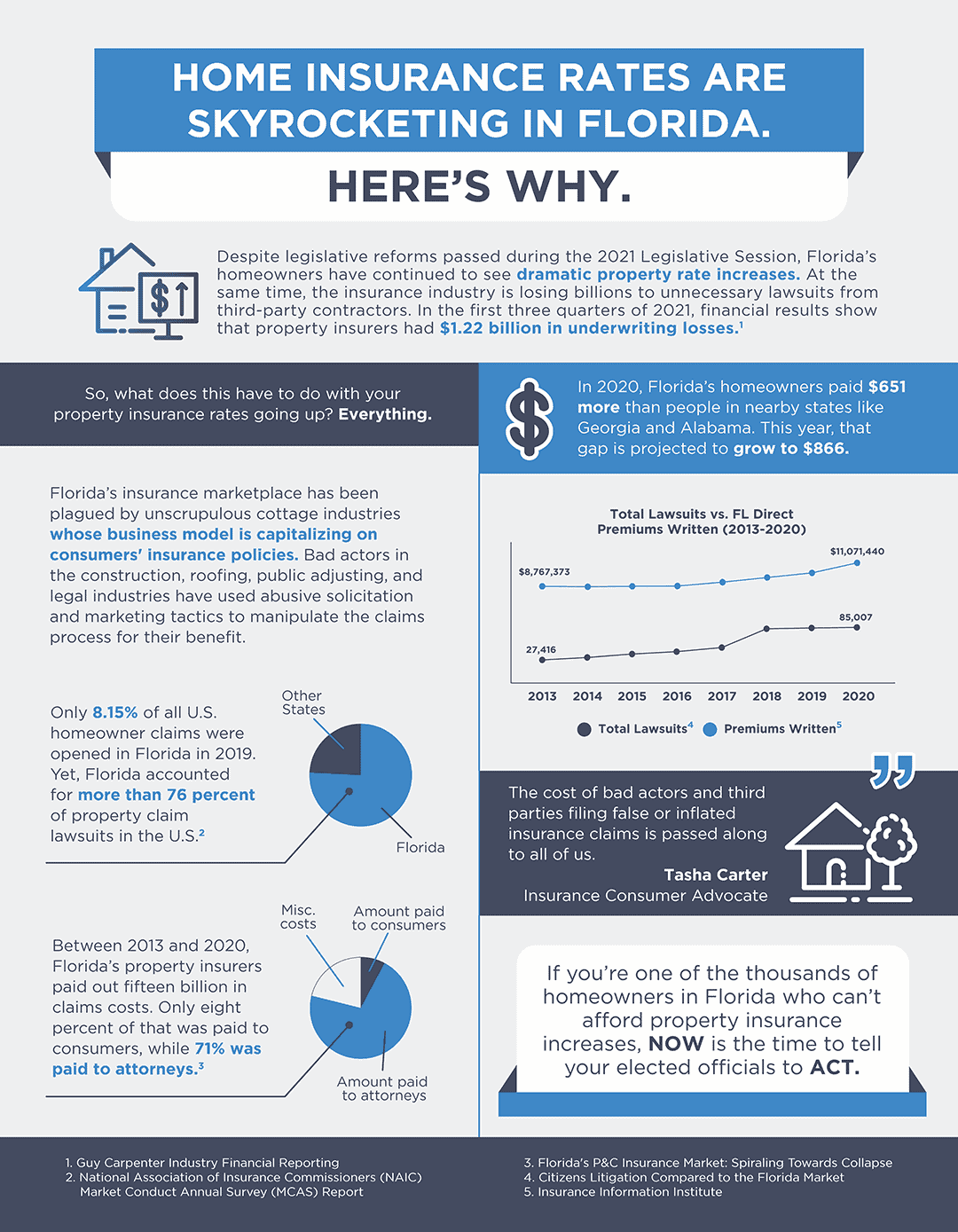When it comes to managing financial security, understanding insurance rates in Florida is crucial for residents and newcomers alike. With the state's unique climate, demographics, and economic factors, insurance rates can vary significantly from one location to another. This article aims to provide a detailed exploration of insurance rates in Florida, helping you navigate the complexities of insurance options available in the Sunshine State.
Florida's insurance market is influenced by various factors such as hurricane risk, population density, and regulatory environment. As a result, it's essential to grasp how these elements affect your insurance premiums. This guide will cover everything from the types of insurance available to the factors that affect rates, tips for finding the best deals, and much more.
Whether you are looking for homeowners, auto, or health insurance, this article will equip you with the knowledge needed to make informed decisions. Let's dive deep into the world of insurance rates in Florida!
Table of Contents
- Types of Insurance in Florida
- Factors Affecting Insurance Rates in Florida
- Average Insurance Rates in Florida
- Homeowners Insurance Rates
- Auto Insurance Rates
- Health Insurance Rates
- Tips for Reducing Insurance Costs
- Conclusion
Types of Insurance in Florida
In Florida, residents typically require several types of insurance to protect themselves and their assets. Here are the most common forms of insurance:
- Homeowners Insurance: Protects your home and belongings against theft, damage, and liability.
- Auto Insurance: Covers vehicles against accidents, theft, and damage.
- Health Insurance: Provides coverage for medical expenses and healthcare services.
- Flood Insurance: Essential for protecting properties in flood-prone areas, especially after hurricanes.
- Life Insurance: Offers financial support to beneficiaries after the policyholder's death.
Factors Affecting Insurance Rates in Florida
The insurance rates in Florida are influenced by multiple factors, including:
1. Location
Insurance rates can differ significantly based on your geographic location within Florida. Areas prone to hurricanes and flooding often have higher premiums.
2. Property Value
Higher-value properties typically incur higher insurance premiums due to the increased risk and replacement costs.
3. Credit Score
Insurance companies often consider your credit score when determining rates. A lower credit score can lead to higher premiums.
4. Claims History
If you have a history of filing claims, your insurance rates may increase as you may be considered a higher risk.
5. Coverage Amount
The amount of coverage you choose directly affects your premiums. Higher coverage limits often result in higher rates.
Average Insurance Rates in Florida
Understanding average insurance rates can help you gauge what to expect when shopping for coverage. Here are some average rates as of the latest data:
- Homeowners Insurance: Approximately $1,500 per year.
- Auto Insurance: Around $1,800 per year.
- Health Insurance: Average monthly premium of $450 for individuals.
- Flood Insurance: Average premium of $700 per year.
Homeowners Insurance Rates
Homeowners insurance rates in Florida can vary widely based on location and property characteristics. Here are some key points to consider:
- Homes located in high-risk areas, such as coastal regions, may face significantly higher premiums.
- Increasing your deductible can lower your monthly premium but may result in higher out-of-pocket costs in the event of a claim.
- Discounts may be available for homes with hurricane-resistant features or security systems.
Auto Insurance Rates
Auto insurance rates in Florida are influenced by factors such as driving history, vehicle type, and location. Consider the following:
- Florida is a no-fault state, meaning drivers must carry Personal Injury Protection (PIP) coverage.
- Young drivers and those with prior accidents may see higher premiums.
- Bundling auto insurance with other policies can lead to discounts.
Health Insurance Rates
Health insurance rates in Florida can vary based on age, location, and the level of coverage. Here are some insights:
- Health insurance premiums are generally higher for older individuals.
- Marketplace plans offer various options, and subsidies may be available for those who qualify.
- Preventive care is often covered at no cost, helping to reduce overall healthcare expenses.
Tips for Reducing Insurance Costs
Here are some effective strategies to help you save on insurance costs in Florida:
- Shop around and compare quotes from multiple insurance providers to find the best rate.
- Consider increasing your deductibles to lower your premiums, but ensure you can afford the deductible in case of a claim.
- Look for discounts based on bundling policies, maintaining a good driving record, or having home security features.
- Regularly review your insurance policies to ensure you have adequate coverage at competitive rates.
Conclusion
In summary, understanding insurance rates in Florida is essential for making informed decisions about your coverage. Factors such as location, property value, and personal history play a significant role in determining your premiums. By being proactive and exploring your options, you can find the best insurance rates that suit your needs.
We encourage you to leave a comment below sharing your thoughts or experiences with insurance in Florida. If you found this article helpful, consider sharing it with friends and family or exploring other articles on our site for more insights!
Thank you for reading, and we look forward to seeing you back on our site for more valuable information!




